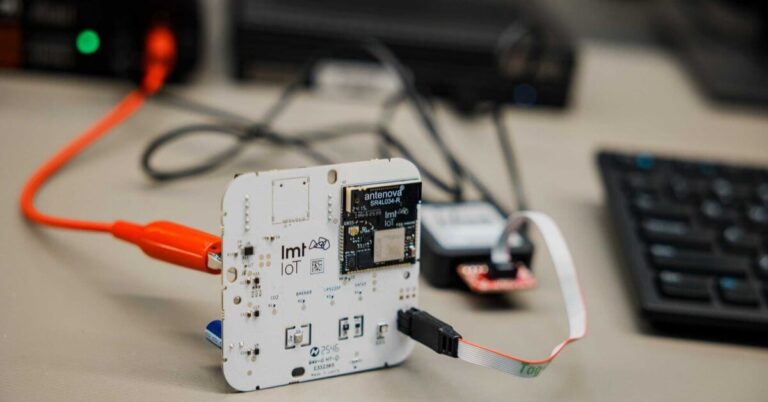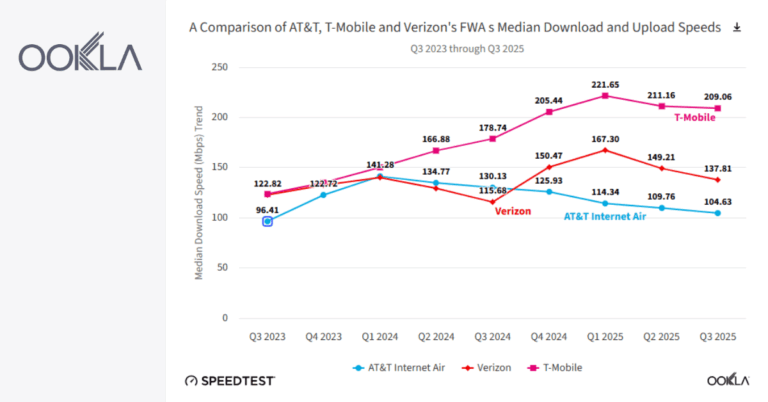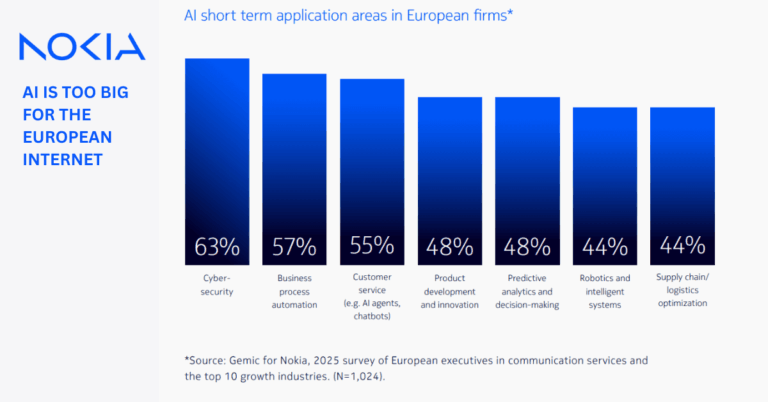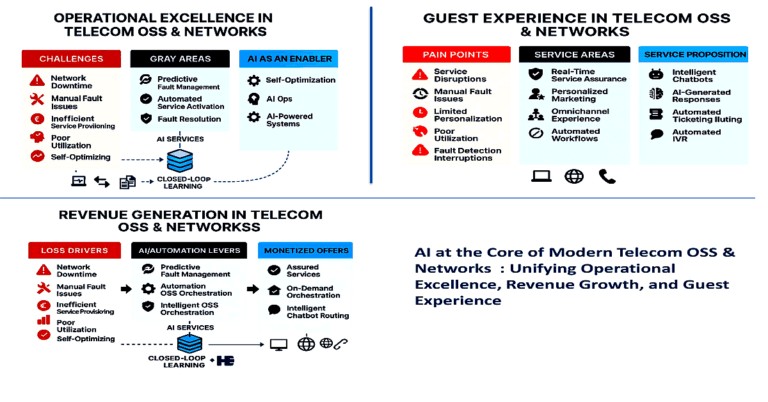Transforming Jacksonville Transit: Miller Electric & T-Mobile’s 5G Collaboration
T-Mobile and Miller Electric are partnering to bring fully autonomous public transit to Jacksonville, Florida’s waterfront. Leveraging a 5G private network from T-Mobile’s Advanced Network Solutions, the initiative will support a fleet of autonomous vehicles (AVs) as part of Jacksonville’s Ultimate Urban Circulator program. This innovative project offers a glimpse into the future of public transportation, aiming to make commuting seamless and futuristic for visitors and residents alike.
Overcoming Connectivity Challenges in Autonomous Public Transit
Traditional transportation solutions, such as Wi-Fi-connected networks, struggle with limited reach and reliability, which can hinder large-scale deployments of autonomous vehicle systems. For AV operations, consistent high-bandwidth and low-latency communication is crucial to ensure real-time data exchange, safe navigation among regular traffic, and efficient interaction between passengers and control centers. Managing these technical demands requires robust network infrastructure capable of handling massive data flows without compromising security or performance.
Deploying a 5G Private Network for AV Success
Miller Electric, in collaboration with T-Mobile, is deploying a 5G private network specifically designed to overcome these challenges. The network provides high-speed, low-latency, and secure communication between AVs and the central control hub. This setup ensures reliable telemetry data exchange from onboard sensors, real-time video surveillance, and two-way audio and video communications. As a turnkey solution, T-Mobile’s network flexibility enables seamless integration with the existing infrastructure and facilitates smooth communication, which is critical for the success of autonomous shuttles.
According to Craig Bowman, Director of Technology at Miller Electric, “5G connectivity provides the highest bandwidth and lowest latency communication between the AVs and the control center.” This capability allows the shuttles to safely navigate streets alongside other vehicles, while also offering passengers enhanced services through continuous connectivity. By employing T-Mobile’s network, the AVs achieve unprecedented reliability and security, laying the groundwork for effective fleet operations within Jacksonville’s urban core.
Mishka Dehghan, SVP at T-Mobile Business Group, highlighted that “5G is the key that will unlock the autonomous vehicle future,” underscoring the importance of reliable and flexible connectivity solutions in making futuristic transportation a reality. This endorsement speaks to the potential of 5G-driven AV solutions to revolutionize public transit systems.
Why 5G Outperforms Wi-Fi for Autonomous Vehicle Networks
The decision to employ a 5G private network was strategic. Compared to alternative connectivity solutions like Wi-Fi, 5G offers far greater scalability, security, and coverage. This technology not only ensures a robust connection but also enables adaptive network configurations tailored to the unique demands of autonomous vehicle communication. As part of a larger smart city initiative, deploying 5G offers scalability and future-proof capabilities essential for the long-term expansion of Jacksonville’s Ultimate Urban Circulator project.
Key Advantages of a 5G Private Network for AVs
Implementing a 5G private network for autonomous shuttles provides several key advantages:
- Enhanced Safety and Communication: Real-time data transfer ensures AVs are aware of their surroundings and can react promptly.
- Seamless Integration: Reliable connectivity between shuttles and control centers supports operational efficiency.
- Scalability and Future Expansion: The flexibility of 5G supports expanding to additional routes and capabilities.
- High Security: T-Mobile’s private network ensures secure data transmission, critical for AV operations.
Transforming Urban Transit with 5G-Powered Mobility
This collaboration demonstrates how 5G can transform urban transportation, serving as a foundational element for smart city initiatives. By enabling reliable, connected mobility solutions, it offers a template for other municipalities looking to implement similar programs and improve urban transit systems.
Miller Electric’s Vital Role in Jacksonville’s 5G Network Integration
Miller Electric’s role involves integrating the network with Jacksonville’s infrastructure, ensuring the autonomous shuttles operate smoothly. Their expertise in electrical and network solutions is vital for setting up the 5G private network and maintaining efficient communication channels.
T-Mobile’s Contributions to Autonomous Vehicle Connectivity
T-Mobile, as the primary partner, provides the 5G network and ensures its integration with Miller Electric’s operational requirements. By leveraging its 5G capabilities, T-Mobile empowers the AV fleet with robust, adaptable, and high-speed connectivity.
Project Timeline: Jacksonville’s Autonomous Shuttle Rollout
The first phase of this project, focused on a 3-mile route through Jacksonville’s waterfront, is expected to launch by mid-2025. This phase will serve as a stepping stone for further expansion into surrounding neighborhoods, eventually creating a comprehensive autonomous shuttle network.
By combining the capabilities of T-Mobile’s 5G network with Miller Electric’s expertise, Jacksonville’s waterfront will soon be a hub for cutting-edge autonomous vehicle technology, offering efficient, futuristic, and connected transportation solutions.







































